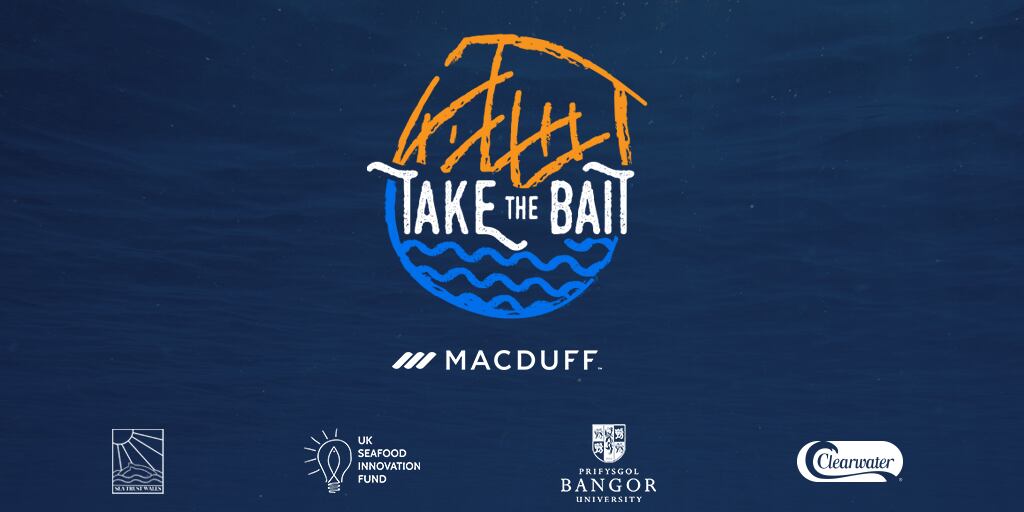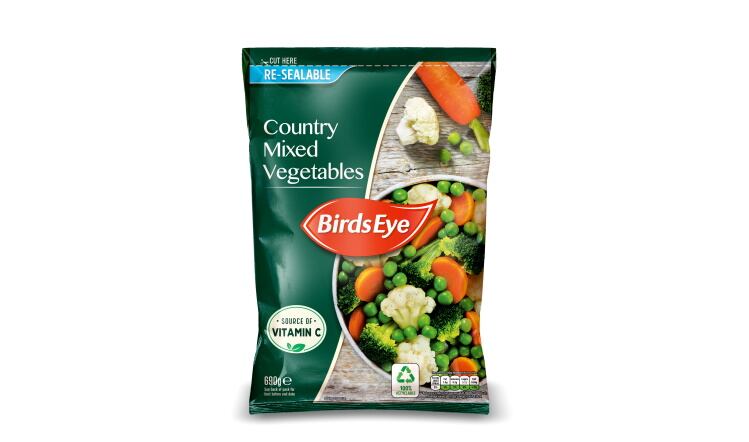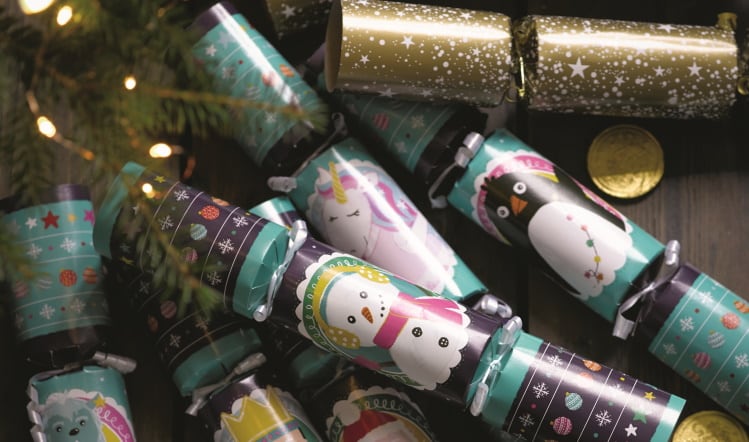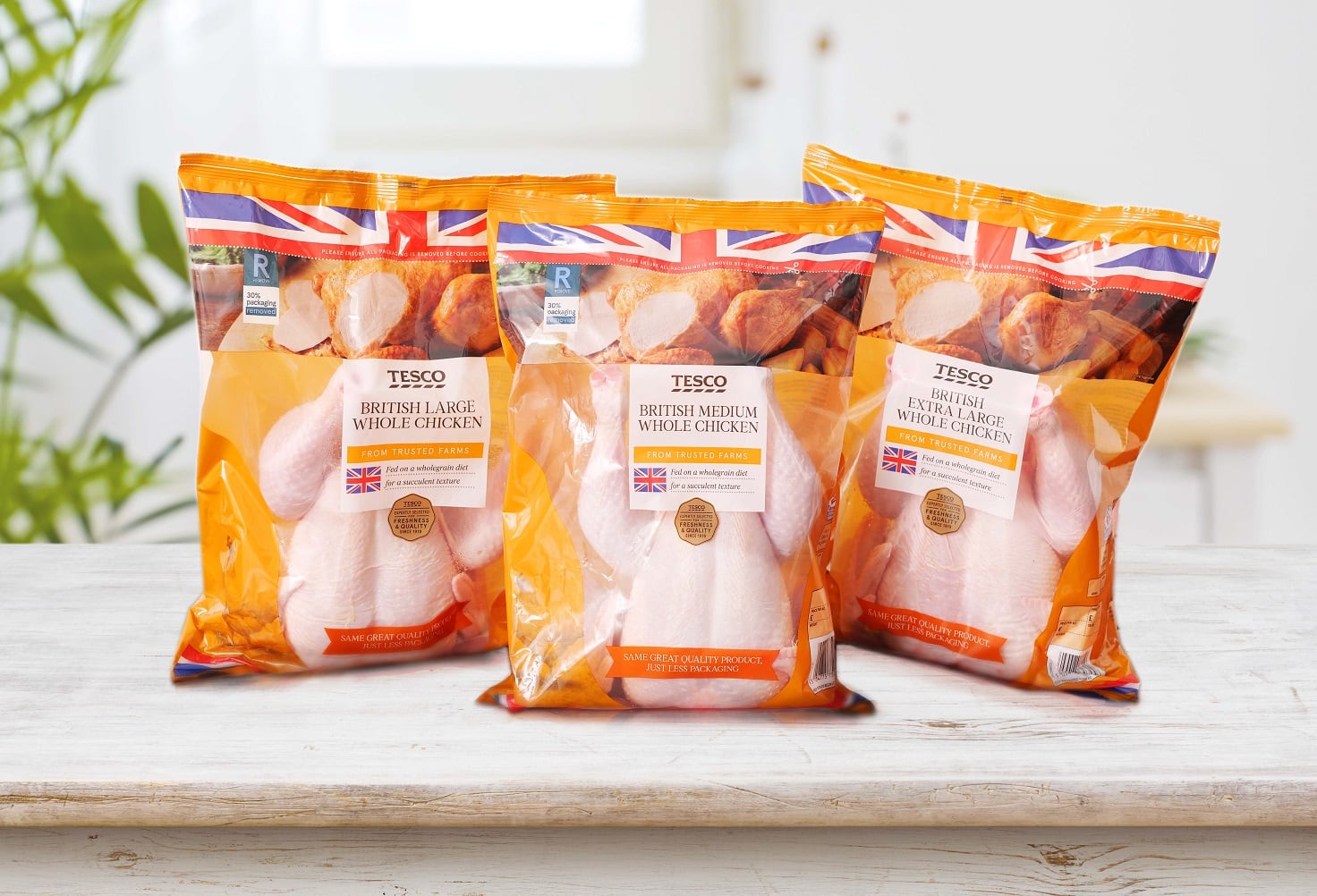Shellfish supplier Macduff Shellfish has partnered with marine conservation charity Sea Trust Wales and the BioComposites Centre – a specialist research centre at Bangor University – to find a sustainable alternative to plastic bait bags.
The project has been backed by the UK Seafood Innovation Fund, a £10m programme that supports the development of new technology and innovations in the UK’s fishing, aquaculture and seafood industries.
An initial feasibility study will examine how fisherman use the bags, how they could be cleaned, and how the material could be reprocessed into a more robust and readily recyclable polymer bag.
Perform better than the original
Bangor University’s Rob Elias said that an important aspect of designing the new bait bag was making sure it performed better than what it would replace.
“A key part of our work will be informed by interviewing fishermen and finding out the issues they face,” he explained. “From that we can look to enhance both the useability and sustainability of the bags, while retaining the robustness needed.
“We hope that this is just the initial part of a longer-term project to find the ‘holy grail’ – a commercially viable, biodegradable, bioplastic alternative that has many applications across different industries.”
Broader applications
Commonly used in the whelk fishing sector, the bait bags often end up at landfill and sometimes fly overboard while at sea, impacting marine and costal wildlife. The research could have broader applications across the seafood supply chain should trials prove successful, the partnership claimed.
Claire Pescod, head of sustainability & science at Macduff Shellfish, added: “We’ve worked hard on reducing, reusing, and recycling materials within our supply chain but bait bags was one area that needs more work to find a commercially viable and cost effective alternative.
“We are pleased to be working in partnership with Sea Trust and the BioComposites Centre with input from whelk fishermen and hope that collectively we can make real in-roads.”
Meanwhile, confectionery brand Smarties will soon switch to recycled paper packaging for all its products worldwide.





